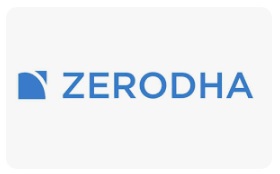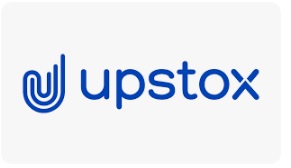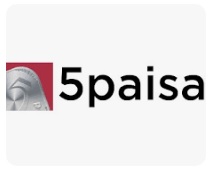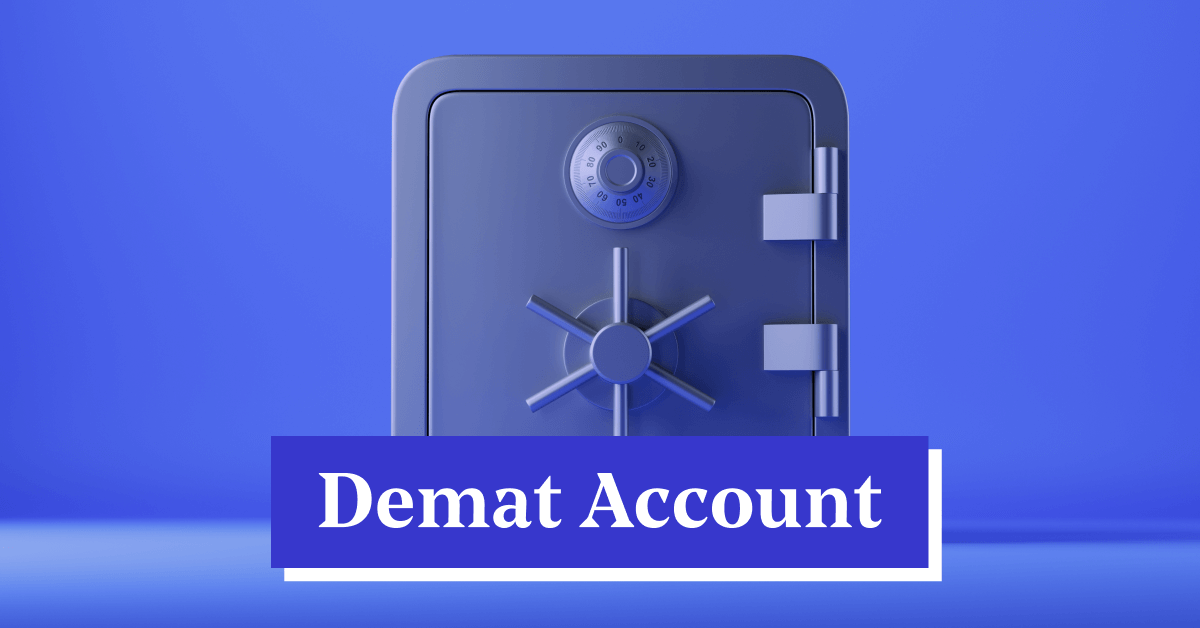demat account kya hota hai
A Demat account, short for “Dematerialized account,” is a type of account used for holding and transacting securities in electronic or dematerialized form. It has largely replaced the traditional physical or paper-based system of holding securities. In a demat account financial instruments like stocks, bonds, mutual fund units, and government securities are held electronically, eliminating the need for physical certificates. A Demat Account holds the details of the shares and other securities in your name. if an individual wants to purchase and sell shares, he/she need to open a Trading Account. Many banks and brokers offer Trading Accounts with online trading facilities, which makes it easier for ordinary investors to take part in the stock market.
Here are key features and aspects of Demat accounts:
Electronic Holding:Demat accounts hold financial securities in an electronic format. Instead of receiving physical certificates, investors receive electronic statements reflecting their holdings.
Link with Trading Account:A Demat account is often linked with a trading account. The trading account is used for buying and selling securities, while the Demat account holds those securities in electronic form.
Facilitates Trading:Investors use their Demat accounts to facilitate the buying and selling of securities on stock exchanges. When you buy shares, they are credited to your Demat account, and when you sell, they are debited.
Multiple Types of Securities:Demat accounts can hold a variety of financial instruments, including equities (stocks), bonds, debentures, government securities, and mutual fund units.
Reduction of Paperwork:The shift to Demat accounts has significantly reduced paperwork associated with the transfer and ownership of securities. This has led to faster and more efficient transactions.
Electronic Transfers:Securities held in a Demat account can be easily transferred between account holders through electronic means. This simplifies the process of buying or selling securities.
Dividend and Interest:Dividends and interest earned on securities held in a Demat account are directly credited to the linked bank account of the account holder.
Nomination Facility:Demat accounts offer a nomination facility, allowing the account holder to nominate someone to receive the securities in the event of the account holder’s demise.
Safety and Security:Holding securities in electronic form enhances safety and security. It eliminates the risks associated with physical certificates, such as loss, theft, or damage.
Charges:Demat accounts may have associated charges, including account maintenance fees and transaction charges. These fees can vary among different financial institutions.
What are the benefits of opening a demat account…?
A Demat account helps investors hold shares and securities in an electronic format. It is also commonly known as a Dematerialised account. This account helps keep track of an investor’s holdings in shares, exchange-traded funds, bonds, and mutual funds in one place.It helps investors to increase their wealth and invest for the betterment of their future. An individual and invest at their own risk and can increase wealth.
is demat account free ?
Most of the banks and DP open free demat account in the beginning free but there are some charges and annual fee is must and every bank and DP have their own charges and other charges also apply when you place an order (buy and sell) and also have some hidden charges.
| Sr NO. | Demat Account Provider banks & DP | Opening charges | Other Maintenance Charges | Brokerage Charges |
| 1 | Axis Direct Demat Account | ₹0 | ₹650 per year, free for first year | ₹20 per executed order |
| 2 | Kotak Securities Demat Account | ₹0 | ₹600 per year | ₹21 per executed order |
| 3 | SBICAP Securities Demat Account | ₹850 | ₹0 per year | ₹20 per executed order |
| 4 | HDFC Securities Demat Account | ₹0 | ₹750 per year | ₹25 per executed order |
| 5 | ICICI Direct Demat Account | ₹0 | ₹300 per year | ₹25 per executed order |
| 6 | IIFL Demat Account | ₹0 | ₹250 per year | ₹20 per executed order |
| 7 | Sharekhan Demat Account | ₹0 | ₹400 per year | ₹25 per executed order |
| 8 | Choice Demat Account | ₹0 | ₹300 per year | ₹20 per executed order |
| 9 | Religare Demat Account | ₹0 | ₹500 per year | ₹30 per executed order |
| 10 | Motilal Oswal Demat Account | ₹0 | ₹199 per year | ₹30 per executed order |
| 11 | Angel Broking Demat Account | ₹0 | ₹240 per year | ₹20 per executed order |
| 12 | Wisdom Capital Demat Account | ₹0 | Up to ₹999 per year | ₹9 per executed order |
| 13 | Nuvama Demat Account | ₹0 | ₹500 per year | ₹20 per executed order |
| 14 | Fyers Demat Account | ₹0 | ₹300 per year | ₹20 per executed order |
| 15 | paytm demat account | ₹100 | Free | Rs. 0 (Free) per trade |
| 16 | zerodha demat account | ₹200 | ₹300 per year | ₹20 per executed order |
| 17 | Aditya Birla Capital Demat Account | ₹750 | ₹300 per year | 0.50% of the transaction value |
| 18 | Upstox Demat Account | ₹0 | ₹150 per year | ₹20 per executed order |
| 19 | 5Paisa Demat Account | ₹0 | ₹300 per year | ₹20 per executed order |
| 20 | Groww Demat Account | ₹0 | Free | ₹20 or 0.05% which is lower |
- These charges are subject to change time to time
How to open a demat account….?
To open a Demat account, individuals usually need to approach a registered Depository Participant (DP) – entities authorized by the central securities depository. In India, for example, the two primary depositories are the
1.National Securities Depository Limited (NSDL) .
2. Central Depository Services Limited (CDSL).
The DP (Depository Participant) facilitates the opening and maintenance of Demat accounts and acts as an intermediary between the investor and the depository.
Best demat accounts in India
the best demat account can vary based on individual preferences and requirements. It’s essential to consider factors such as brokerage charges, account opening fees, customer service, ease of use, and the range of services offered by different brokerage firms.
How ever most used demat accounts are :
Zerodha

Upstox

Groww

5paisa

Axis Direct

HDFC Securities

Conclusion
Keep in mind that the financial industry can change, and new players may enter the market or existing ones might modify their offerings. I recommend checking the latest reviews, comparing fees, and ensuring that the brokerage aligns with your investment goals and preferences before opening a demat account.
Additionally, regulatory changes and updates may have occurred since my last training data in January 2022, so it’s essential to verify the current status of any brokerage account before making a decision.
demat account kya hota hai
credit https://www.smallcase.com/
